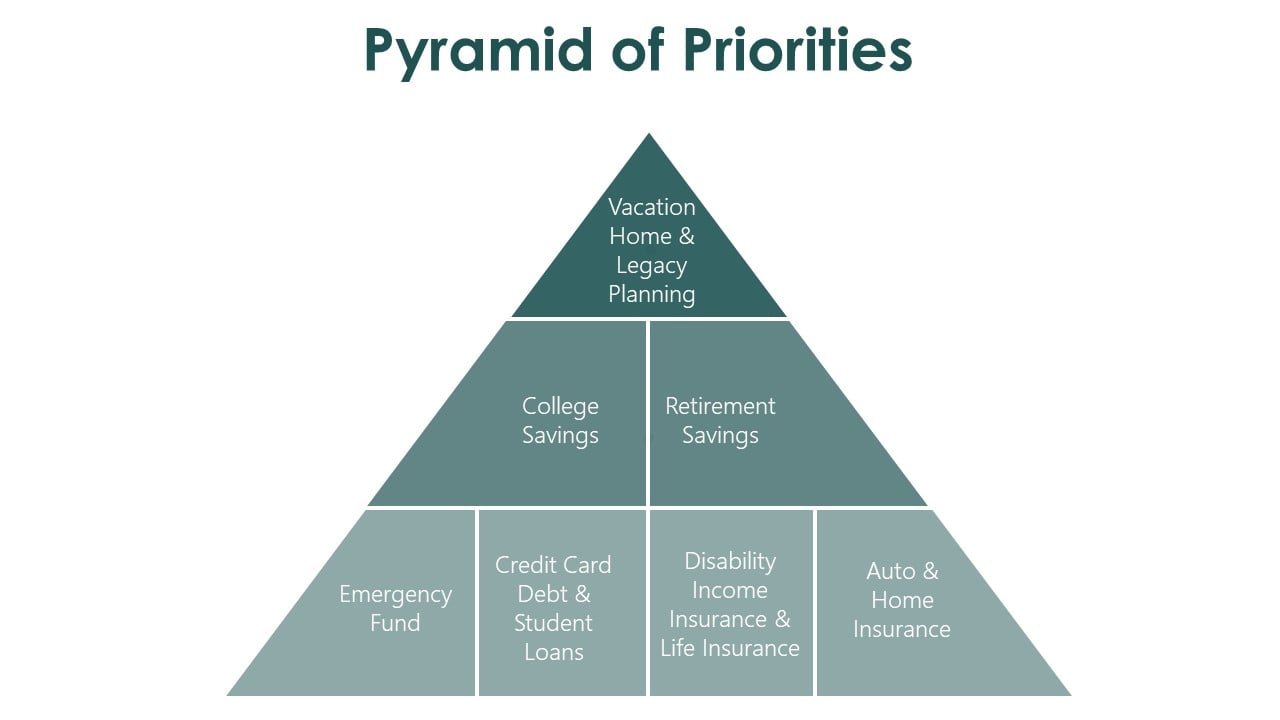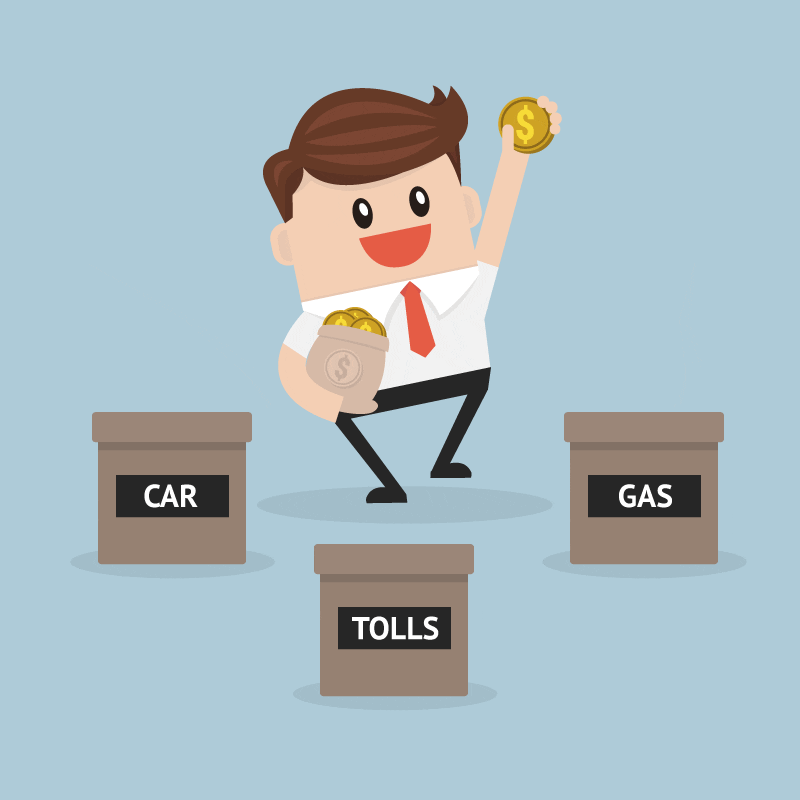
Budgeting for a Car: Tips and Tricks
Written: Editor | October 3, 2023

Determining Your Budget
When it comes to buying a car, having a well-planned budget is crucial. To ensure that you make a wise financial decision, here are some tips to help you set an appropriate budget for your new car purchase.
Assessing your current financial situation
Before diving into car shopping, take the time to evaluate your current financial situation. Consider factors such as your monthly income, expenses, and any other financial obligations you have. By understanding your financial health, you can determine how much you can comfortably afford to spend on a car.
Setting a realistic budget
Once you have a clear view of your finances, it's time to set a realistic budget for your car purchase. Consider how much you can allocate towards monthly car payments, including any potential down payment or financing costs. It's crucial to be realistic about your budget, ensuring that it aligns with your financial capabilities.
Considering additional expenses
Remember that the cost of owning a car extends beyond the purchase price. Don't forget to factor in additional expenses such as insurance, maintenance, fuel, and parking costs. These ongoing expenses can add up, so consider them when setting your budget to avoid any financial strain down the road.
By following these budgeting tips, you'll be able to make a well-informed decision when buying a car. Remember, it's important to stick to your budget and not overextend yourself financially. With careful planning, you can find a car that meets your needs while also keeping your finances in check.
:max\_bytes(150000):strip\_icc()/personal-finance012915car-leases-should-you-take-purchase-option.aspfinal-20bb2476f7694316bf97e1af57037975.jpg)
Financing Options
Are you in the market for a new car but unsure how to navigate the world of car financing? Don't worry, we've got you covered! Understanding your financing options is essential to successfully budgeting for a car. Here are some key tips to help you make an informed decision.
Choosing between buying and leasing
Buying a Car: If you plan on keeping the car for a long time and want to build equity, buying is the best option. You'll eventually own the car and won't be limited by mileage restrictions or lease terms.
Leasing a Car: Leasing offers lower monthly payments and allows you to drive a new car every few years. However, you won't own the car, and you'll need to adhere to mileage limits and lease terms. Leasing is a good option if you prefer driving a new car and don't mind not owning it.
Understanding interest rates and loan terms
Interest Rates: It's important to shop around for the best interest rates to avoid overpaying on your car loan. Consider getting pre-approved for a loan from multiple lenders to compare rates and terms.
Loan Terms: The term of your loan affects your monthly payment and how much interest you'll pay over time. While a shorter loan term may have higher monthly payments, it will save you money on interest in the long run.
Exploring financing options
Dealership Financing: Many car dealerships offer financing options through their partners. While convenient, it's crucial to compare their rates and terms with other lenders to ensure you're getting the best deal.
Bank or Credit Union Loans: Banks and credit unions often offer competitive rates for car loans. Consider speaking with your bank or credit union to explore your financing options.
Online Lenders: Online lenders provide a convenient way to compare rates and apply for a car loan from the comfort of your home. Be sure to research reputable online lenders and read customer reviews before committing.
Remember, by understanding your financing options and carefully considering your needs, you can make a well-informed decision that fits your budget and preferences. Happy car shopping!

Researching and Comparing Cars
If you're in the market for a new car, it's important to approach the process with a budget in mind. By setting a budget, you can make sure you're making a wise financial decision and avoid overspending. Here are some tips to help you budget for a car.
Identifying your needs and priorities
1.Evaluate your lifestyle: Consider factors such as the size of your family, your commute, and the types of activities you enjoy. This will help you determine the type of car that would best suit your needs.
2.Set a budget: Determine how much you can afford and be realistic about your financial situation. Consider not just the purchase price, but also ongoing expenses like insurance, fuel, and maintenance.
Researching different car models and prices
1.Do your research: Use resources like consumer reports and car review websites to gather information about different car models, their features, and their prices. This will help you narrow down your options.
2.Compare prices: Look for multiple dealerships or online platforms that offer the car you want and compare prices to get the best deal. Don't forget to consider factors like warranties and financing options.
Comparing features, reliability, and resale value
1.Evaluate features: Consider the features that are important to you, such as safety features, technology, fuel efficiency, and comfort. Determine which features are worth the extra cost.
2.Check reliability: Research the reliability and maintenance records of different car brands and models. This will give you an idea of the potential maintenance costs down the road.
3.Consider resale value: Some cars hold their value better than others. It's important to factor in the potential resale value when making your decision.
By following these tips and taking the time to research and compare different car models and prices, you'll be better equipped to make an informed decision that fits within your budget.
/images/2021/02/22/saving-for-car.jpeg)
Saving and Cutting Costs
If you are dreaming of purchasing a car but need to stick to a budget, don't worry! There are plenty of ways you can save and cut costs to make your dream a reality. Here are some helpful tips to consider:
Tips for saving for a car down payment
- Create a savings plan: Set a specific goal for your down payment and determine how much you need to save each month to reach that goal.
- Automate your savings: Set up automatic transfers from your checking account to a savings account specifically dedicated to your car fund.
- Reduce unnecessary expenses: Cut back on dining out, entertainment, or other non-essential spending to save more money each month.
- Consider a side hustle: Look for ways to earn extra income, whether it's freelance work, selling handmade crafts, or offering services in your area.
Finding ways to reduce monthly expenses
- Review your bills: Analyze your monthly expenses to identify areas where you can cut back, such as cancelling unused subscriptions or negotiating lower rates.
- Optimize your insurance: Shop around for car insurance quotes to ensure you're getting the best deal. Bundling insurance policies or increasing deductibles can also help reduce costs.
- Save on gas: Use apps or websites to find the cheapest gas prices in your area or consider carpooling or using public transportation when possible.
Considering buying used or certified pre-owned cars
- Research: Look into the reliability and resale value of different car models to find a used or certified pre-owned vehicle that meets your needs and budget.
- Get a vehicle history report: Before purchasing a used car, obtain a vehicle history report to ensure there are no hidden issues or previous accidents.
- Have a mechanic inspect the car: If possible, have a trusted mechanic inspect the car before buying to catch any potential problems.
Remember, with careful planning and smart choices, you can save money and make your dream of owning a car a reality without breaking the bank.

Negotiating and Making the Purchase
Preparing for negotiation
So, you've found the perfect car and you're ready to make the purchase. Now comes the fun part – negotiating the price! But before you dive into the negotiation process, it's important to be prepared. Here are a few tips to help you get ready:
- Do your research: Before negotiating, take the time to research the car's market value. This will give you a better idea of what a fair price is and help you negotiate with confidence.
- Set a budget: Determine how much you can afford to spend on the car, considering factors like down payment, monthly payments, and insurance costs.
- Get pre-approved for financing: By getting pre-approved for a loan before heading to the dealership, you'll have a better understanding of your financing options and can negotiate from a position of strength.
Tips for negotiating car price and financing terms
Now that you're prepared, here are some tips to help you negotiate the best price and financing terms for your new car:
- Start with a lower offer: Begin negotiations with a price slightly below what you're willing to pay. This leaves room for the seller to counteroffer while still getting a good deal.
- Be confident: Approach negotiations with confidence and a clear understanding of what you want. Having done your research and setting a budget, you can confidently state your position.
- Consider other factors: Negotiating isn't just about the price, but also other aspects such as trade-ins, warranties, and maintenance plans. Don't forget to take these into account when finalizing the deal.
Remember, negotiating is a two-way street. Stay firm but open to compromise, and you'll increase your chances of getting the best deal possible. Happy car shopping!

Maintenance and Insurance Costs
As you prepare to buy a car, it's important to consider the additional costs that come with owning and maintaining a vehicle. Two key aspects to budget for are regular maintenance and insurance.
Budgeting for regular maintenance and repairs
-
Set aside funds for routine maintenance: Regularly servicing your car helps keep it in good condition and prolong its lifespan. Budgeting for oil changes, tire rotations, filter replacements, and other routine maintenance tasks is essential.
-
Account for unexpected repairs: Cars can experience unexpected breakdowns or malfunctions. To handle these unforeseen expenses, it's wise to allocate a portion of your budget for emergency repairs.
Researching and comparing insurance rates
-
Determine your coverage needs: Consider the type and level of coverage you require. Factors such as your vehicle's age, usage, and your driving history will impact the cost of insurance. Take the time to assess your needs and preferences.
-
Shop around for insurance providers: Obtain quotes from various insurance companies to compare rates and coverage options. Look for reputable providers that offer competitive prices and good customer service.
-
Take advantage of discounts: Many insurance companies offer discounts for safe driving records, multiple policies, or certain safety features in your car. Be sure to inquire about potential discounts that can help lower your insurance costs.
Remember, maintaining and insuring your car properly can prevent costly repairs and provide you with peace of mind on the road. By budgeting for these expenses, you can ensure that you are financially prepared to handle the costs associated with owning a car.

Conclusion
In conclusion, budgeting for a car is a smart and effective way to manage your finances and make a wise purchase. By following the tips and strategies outlined in this article, you can set yourself up for success and avoid common pitfalls associated with car buying.
Recap of the key points
- Determine your budget: Assess your financial situation to determine how much you can comfortably spend on a car.
- Research and compare prices: Take the time to research different car models, dealerships, and financing options to find the best deal.
- Consider all expenses: Remember to factor in additional costs such as insurance, maintenance, and fuel when budgeting for a car.
- Plan ahead for financing: If you need a loan, shop around for the best interest rates and loan terms to ensure you find a financing option that suits your budget.
- Stick to your budget: Once you've established a budget, it's essential to stick to it and resist the temptation to overspend.
Tips for successful budgeting for a car
- Track your expenses and income: Keep a detailed record of your expenses and income to get a clear understanding of your financial situation.
- Save for a down payment: Saving for a down payment can help reduce the amount you need to finance and lower your monthly payments.
- Consider buying used: Buying a used car can often be a more affordable option than purchasing new.
- Negotiate the price: Don't be afraid to negotiate the price of the car to ensure you get the best deal possible.
Benefits of planning ahead and sticking to a budget
- Avoid debt: Budgeting allows you to avoid taking on excessive debt and ensures you can make your car payments comfortably.
- Financial stability: Planning and budgeting for a car purchase allows you to maintain financial stability and avoid financial stress.
- Achieve your financial goals: By budgeting for a car, you can continue working towards your other financial goals, such as saving for a house or retirement.
By taking the time to plan your budget, research your options, and stick to your financial plan, you can make a car purchase that fits within your means and sets you up for a successful financial future.



